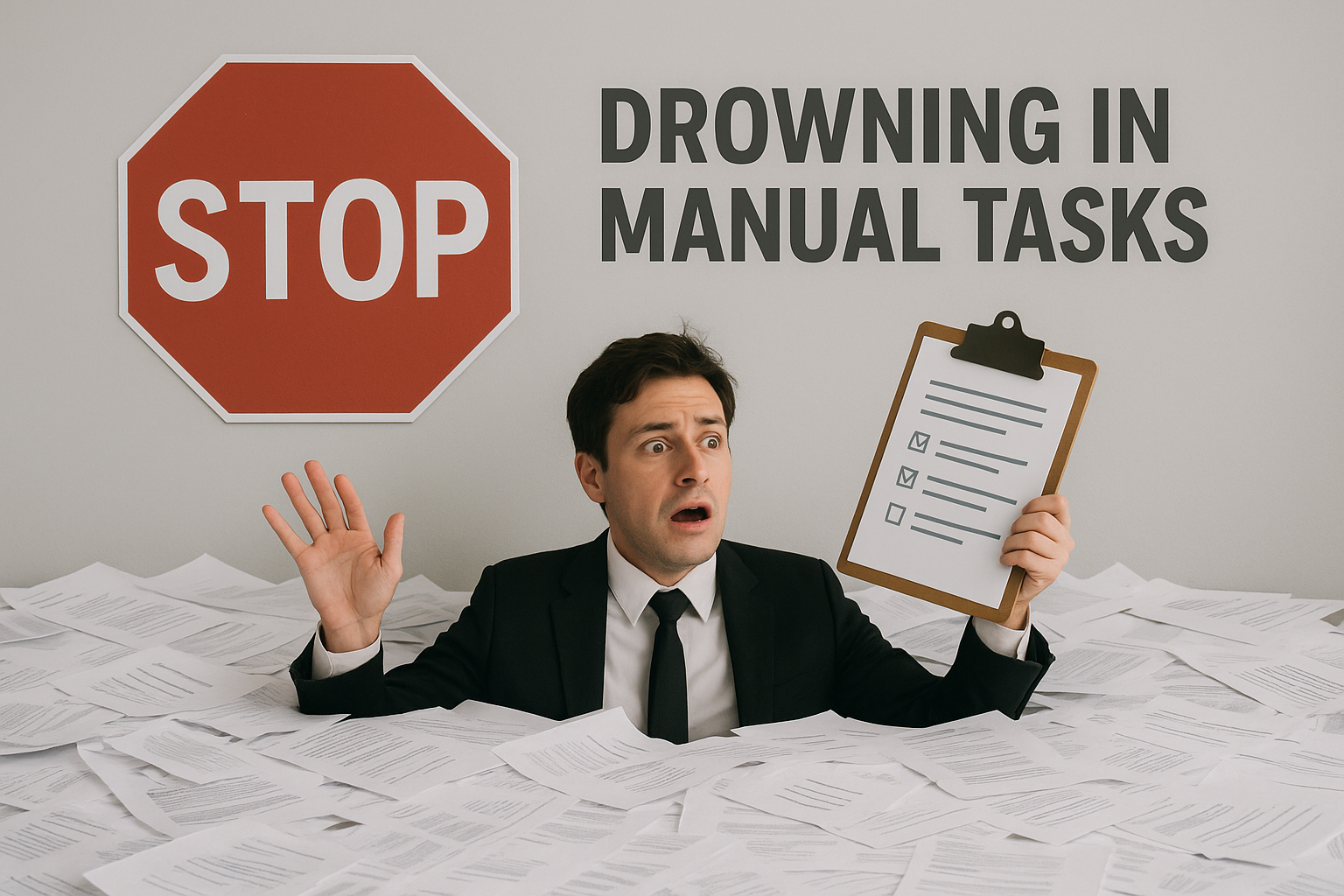Temporary full expensing concludes on 30 June 2023

On 30 June 2023, the temporary full expensing rules that enable small business to deduct the full cost of depreciable assets in the year of purchase, ends. Instead, the $20,000 instant asset write-off will apply from 1 July 2023. So, if there are assets your business intends to purchase with a cost of $20,000 or more, there is still a window of opportunity to take advantage of the temporary full expensing rules. It is important to ensure that the assets are capable of being delivered and ready to be used in the your business by 30 June 2023. This is especially important given supply chain issues and delays in delivery. Merely contracting for the purchase of an asset, or even becoming the owner of the asset by 30 June 2023 is not sufficient. The 30 June 2023 date is a hard deadline regardless of whether the business entity has a 30 June year-end or a substituted accounting period. There is no discretion in the law to extend the date by which assets must meet this first taxable use requirement. As such, unexpected delays in the delivery, construction or installation of assets could result in taxpayers missing out. Additionally, first use of an asset for a non-taxable purpose (e.g. private use of a car) by 30 June 2023 is not sufficient. Where assets are to be used for a combination of taxable and non-taxable purposes, taxpayers should ensure first taxable use of the asset occurs by 30 June 2023.
Temporary full expensing concludes on 30 June 2023
Temporary full expensing enables your business to fully expense the cost of:
- New depreciable assets
- Improvements to existing eligible assets, and
- Second hand assets
in the first year of use.
This measure enables an asset’s cost to be fully deductible upfront rather than being claimed over the asset’s life, regardless of the cost of the asset. The last day to utilise the expensing measures is 30 June 2023.
Certain expenditure is excluded from this measure, such as improvements to land or buildings that are not treated as plant or as separate depreciating assets in their own right. Expenditure on these improvements would still normally be claimed at 2.5% or 4% per year.
The car limit will continue to place a cap on the deductions that can be claimed for luxury cars (i.e., $64,741 in 2022-23).
$20,000 instant asset write-off
The Federal Budget 2023-24 announced that Small businesses with aggregated turnover of less than $10 million will be eligible for a temporary increase in the instant asset write-off threshold to $20,000 for eligible assets that are first used or installed ready for use between 1 July 2023 and 30 June 2024.
The $20,000 threshold will apply on a per asset basis, so small businesses can instantly write off multiple assets. Assets valued at $20,000 or more (which cannot be immediately deducted) can continue to be placed into the small business simplified depreciation pool and depreciated at 15 per cent in the first income year and 30 per cent each income year thereafter. The provisions that prevent small businesses from re-entering the simplified depreciation regime for five years if they opt-out will continue to be suspended until 30 June 2024 (i.e. it is permissible to re-enter the simplified depreciation regime until 30 June 2024).
Please also note that many of the comments in this publication are general in nature and anyone intending to apply the information to practical circumstances should seek professional advice to independently verify their interpretation and the information’s applicability to their particular circumstances. Should you have any further questions, please email us at RGA Business and Tax Accountants at reception@rgaaccounting.com.au . All rights reserved. Brought to you by RGA Business and Tax Accountants. Liability Limited by a scheme approved under Professional Standards Legislation









